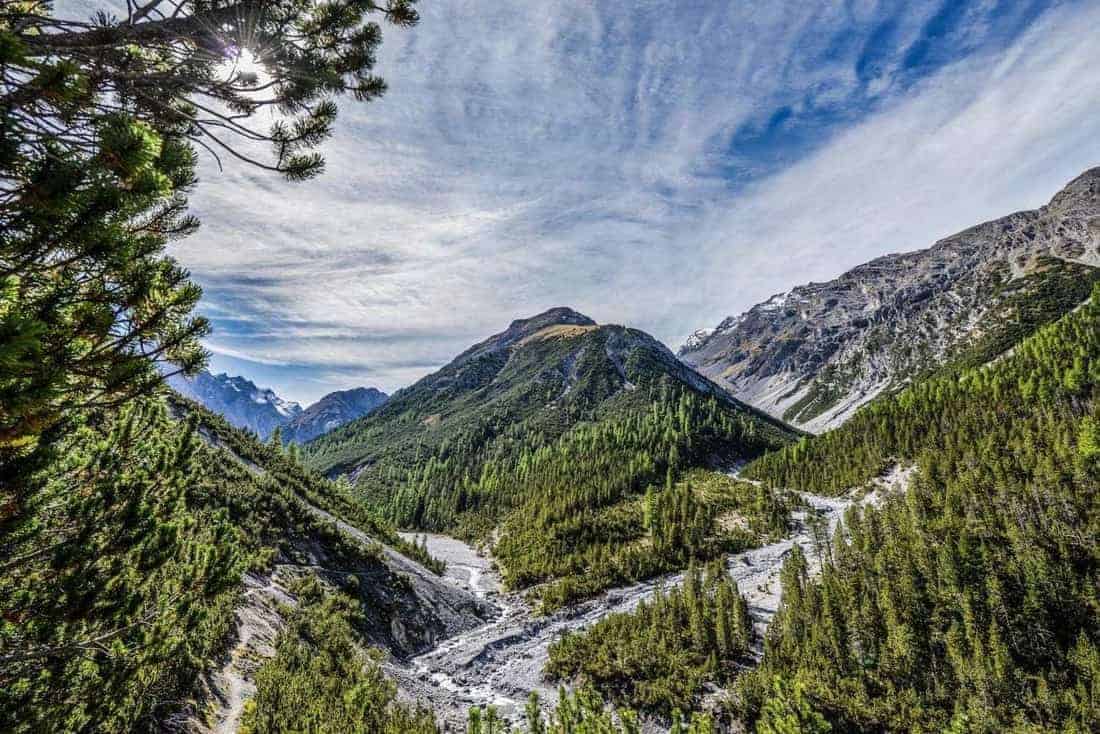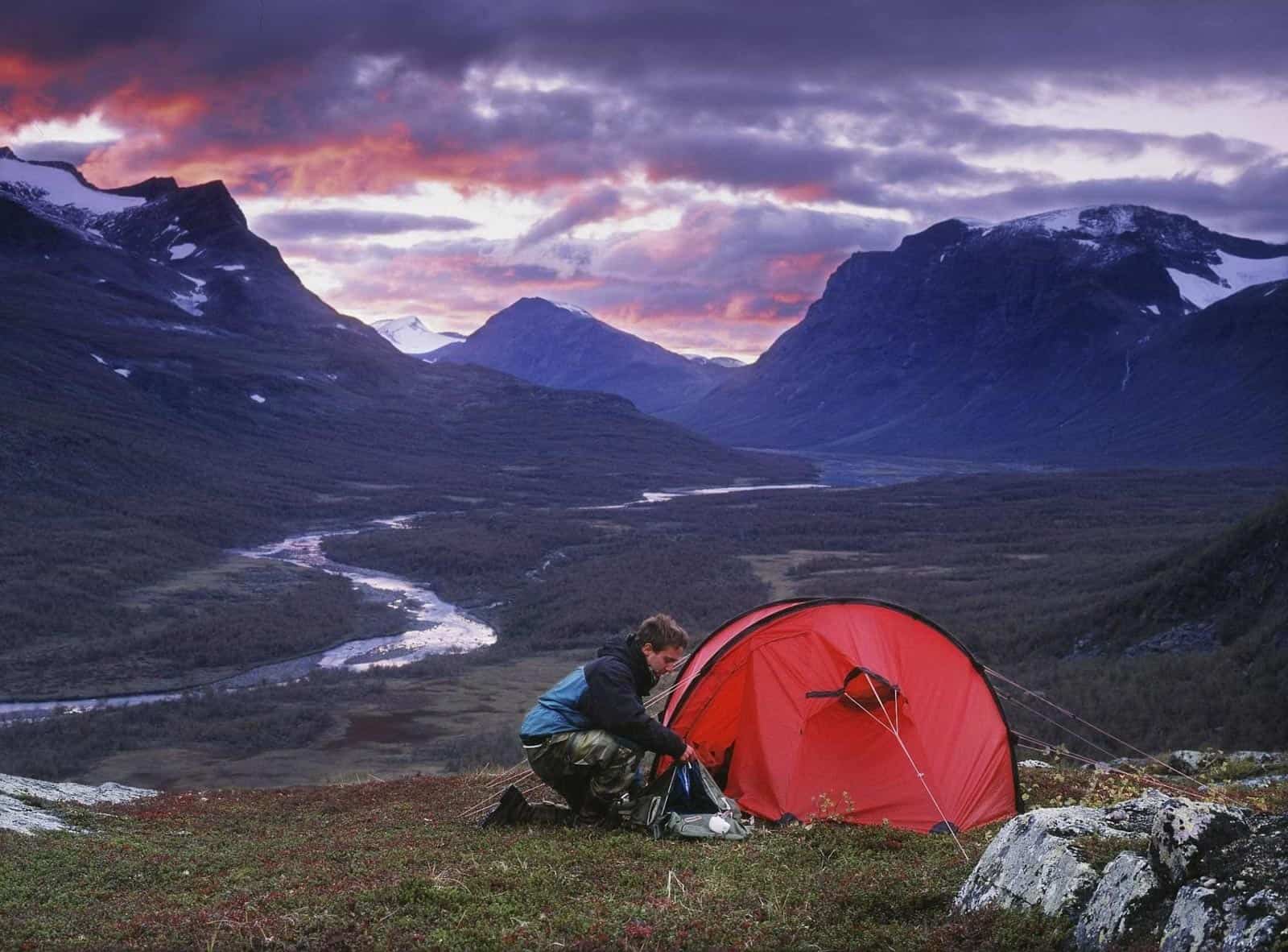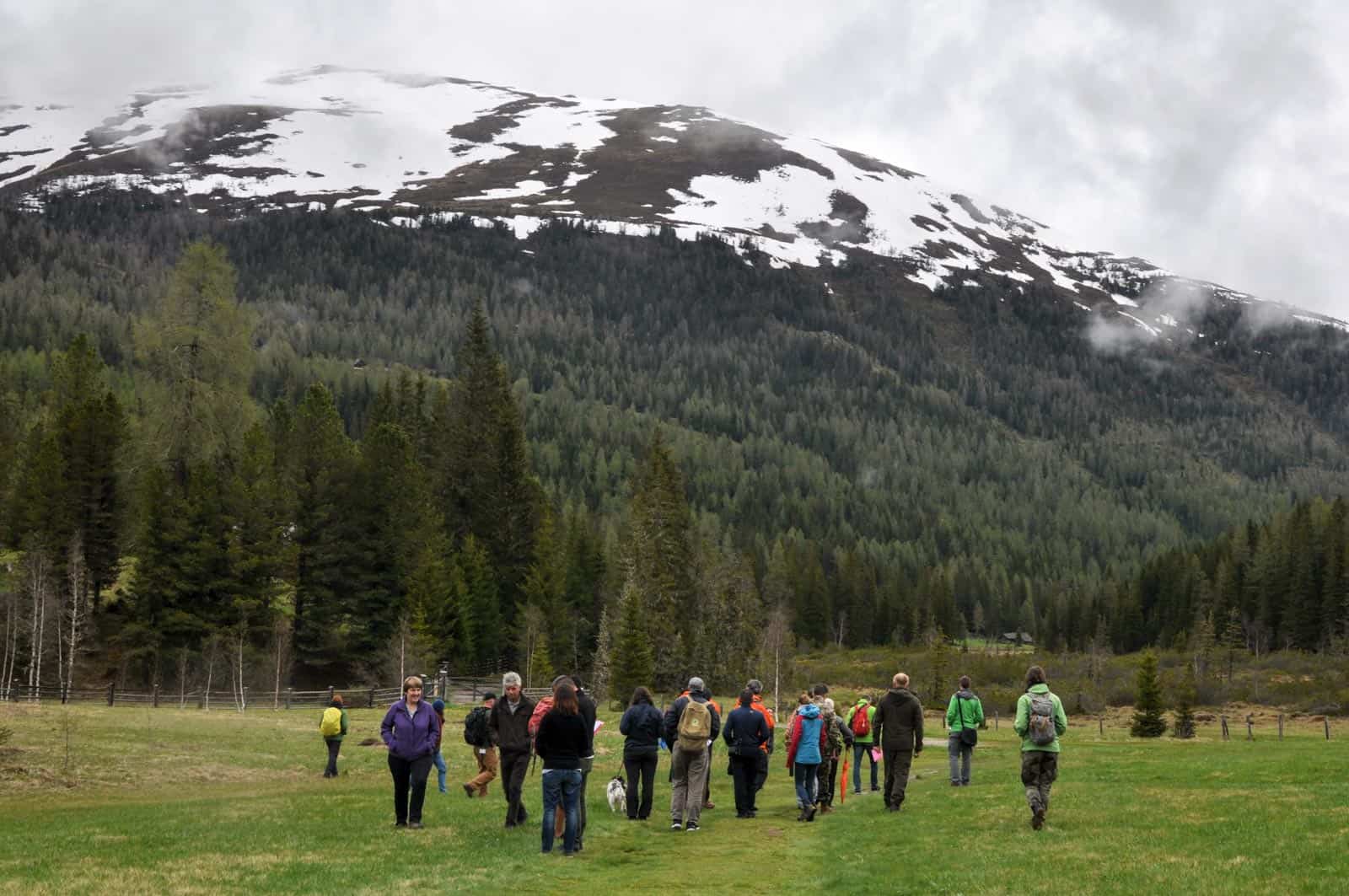World Nature Conservation Day 2025
Every year on July 28, people around the globe come together to observe World Nature Conservation Day—a moment to reflect, take action, and remind ourselves of the urgent need to protect our planet. In 2025, this day feels more important than ever.
The world is facing a host of environmental challenges: forests are vanishing, oceans are choking with plastic, species are disappearing, and the climate is rapidly shifting. The natural balance that sustains life on Earth is under pressure, and human activity lies at the heart of this disruption. Yet, there is hope—and it begins with awareness and action.
Why nature conservation day matters
Nature isn’t just a backdrop to human life; it’s the foundation of it. Clean air, fertile soil, fresh water, and a stable climate all depend on healthy ecosystems. When we degrade nature, we undermine our own survival.
World Nature Conservation Day is not just a symbolic date on the calendar—it’s a global call to action. It aims to educate people about the importance of protecting the environment, encourage sustainable living, and promote policies and projects that restore the natural world. From individuals to governments, from schoolchildren to scientists, everyone has a role to play.
A brief look at its history
The idea of dedicating a day to nature conservation can be traced back to the late 1990s, when environmental organizations began emphasizing the need for widespread awareness. The International Union for Conservation of Nature (IUCN), founded in 1948, has been instrumental in shaping the conversation around biodiversity and conservation. Since then, the day has evolved into a global movement, with countries around the world organizing events, launching initiatives, and inspiring citizens to take responsibility for their environmental impact.
Please also read: World Nature Conservation Day
What we’re trying to protect
Consider this: more than one million species are currently at risk of extinction. Rainforests, which absorb carbon dioxide and provide habitat for countless species, are being cleared at an alarming rate. Coral reefs, often called the rainforests of the sea, are dying due to warming oceans and pollution. The loss of biodiversity not only disrupts food chains but also affects human health, agriculture, and the global economy.
The damage is undeniable, but so is our ability to reverse course—if we act decisively and collectively.
How you can make a difference
You don’t need to be a scientist or an environmental activist to contribute to conservation. Small changes, multiplied by millions of people, can lead to significant results. Here are some practical steps you can take:
• Plant trees: Reforestation is one of the most effective ways to combat climate change. Trees absorb carbon dioxide, improve air quality, and provide habitat for wildlife.
• Reduce, reuse, recycle: Reconsider your consumption habits. Opt for reusable bags, containers, and clothing. Support second-hand markets and learn how to repurpose household items.
• Conserve water: Fix leaks, install water-efficient appliances, and avoid over-watering gardens. Freshwater is a limited resource.
• Choose sustainable food: Buy local, seasonal produce. Support organic farming practices that avoid harmful pesticides and protect soil health.
• Use eco-friendly transportation: Walk, bike, carpool, or use public transport. If possible, transition to electric or hybrid vehicles.
• Educate and advocate: Stay informed about environmental issues and share your knowledge. Support policies that protect green spaces, reduce emissions, and encourage sustainability.
A glimpse into the future: innovation meets conservation
This year, conservation efforts are increasingly supported by cutting-edge technology. Artificial intelligence is being used to track endangered species. Drones help monitor deforestation and illegal logging. Clean energy innovations are making it easier to reduce dependence on fossil fuels.
There’s also a growing movement around nature-positive design—buildings that support biodiversity, cities with green rooftops, and infrastructure that incorporates native plant species. Technology is no longer at odds with nature; it’s becoming a powerful ally in preserving it.
Conclusion
World Nature Conservation Day 2025 is more than a date to mark on the calendar. It’s a chance to start—or renew—your commitment to protecting the natural world. Whether you’re cleaning up a beach, planting a garden, attending a local conservation event, or simply talking to your children about the importance of biodiversity, your actions matter.
The challenges we face are complex, but the message is simple: we only have one Earth. And the future depends on how we care for it today.
Let this be the year we stop treating conservation as someone else’s job and start owning our role in shaping a sustainable, vibrant planet.
Discover more from European Wilderness Society
Subscribe to get the latest posts sent to your email.










